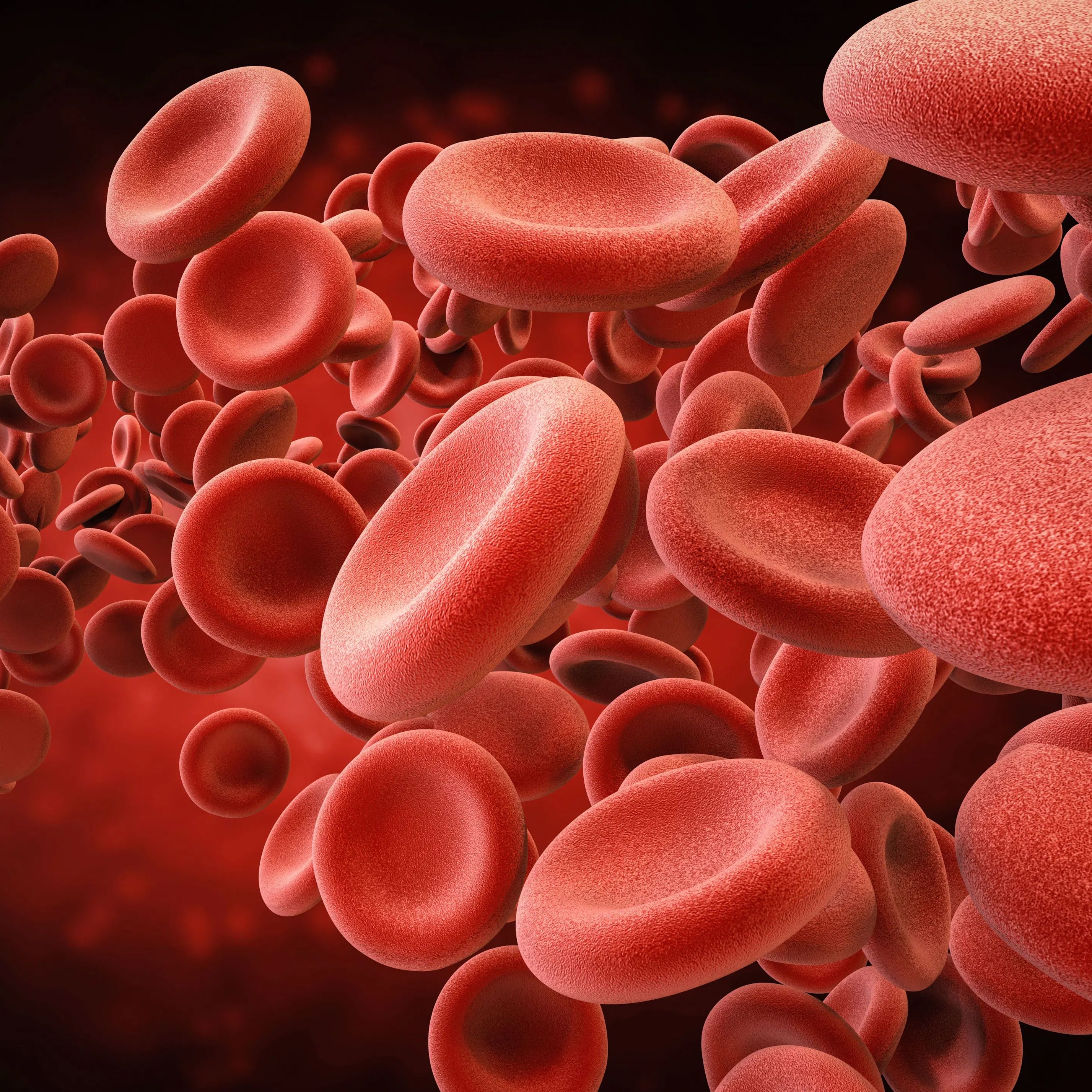News
Article
Sickle Cell Trait Linked to Increased Leukemia Risk
Author(s):
New case-control data from ASH 2023 show a particularly increased link between sickle cell trait and monocytic and myeloid leukemia progression.

Patients with leukemia are at a significantly greater likelihood of possessing sickle cell trait than those without, according to findings from a new case-control study. The new data from a team of Connecticut-based investigators further suggests that a common myeloid progenitor lineage of erythrocytes may elucidate the link between the hematologic conditions.
In research presented during the American Society of Hematology (ASH) 2023 Annual Meeting in San Diego this weekend, a team of investigators led by Oleg Sostin, MD, MCR, of the Danbury Hospital, sought to explore the association between sickle cell trait and leukemia risk. As they noted, leukemia can arise from either lymphoid or myeloid cells, as well as genetic mutations in either tumor suppressor or proto-oncogenes.
“A combination of genetic factors and extrinsic factors are believed to play a role,” they noted. “Sickle cell disease, an inherited disorder leading to the formation of abnormal hemoglobin (HbS) and red blood cell sickling, has been shown to increase the risk for leukemia, presumably due to an increased bone marrow turnover rate.”
Sostin and colleagues conducted a case-control study assessing the link between all subtypes of leukemia and sickle cell trait across the nationally-representative National Inpatient Sample (NIS) 2016 – 2019 database. They included cases with ICD-10 diagnostic codes for lymphoid leukemia; myeloid leukemia; monocytic leukemia; other leukemia of specified cell type; or leukemia of unspecified cell type. Patients with malignancies, Fanconi anemia, myelodysplastic syndrome, lymphoma, Down syndrome, and more were excluded from the assessment; the investigators’ exclusion rationale was that these conditions and/or their treatments were known to increase risk of leukemia independently from sickle cell trait.
Investigators used patients from the NIS data without leukemia nor exclusion criteria to represent their control. A 1:4 propensity score matching routine was used for each year of evaluation. Patients were matched based on sex, race and age groups. The team calculated odds ratios (ORs) for any leukemia diagnosis, as well as for each leukemia subtype.
The final assessment included 181,676 cases of leukemia and 726,704 controls. Mean patient age was 59 years old; 56% of patients were male. A greater proportion of persons with leukemia had sickle cell trait (0.12%) than those in the control (0.08%; P <.0001). Investigators observed a 48% increased odds of sickle cell trait among patients with any leukemia versus control (OR, 1.48; 95% CI, 1.27 – 1.73; P <.0001).
The team additionally observed even more statistically significant association between sickle cell trait and cases of myeloid leukemia (OR, 1.74; 95% CI, 1.40 – 2.17; P <.0001) and monocytic leukemia (OR, 2.20; 95% CI, 1.09 – 4.42; P = .02)
“Our case-control study revealed statistically significantly higher odds of SCT among patients with any leukemia (and specifically myeloid and monocytic leukemias) as compared to controls which can be postulated to the common myeloid progenitor lineage of erythrocytes,” investigators concluded. “Our results suggest that, similarly to sickle cell disease, sickle cell trait although a benign condition can increase the risk for leukemia.”
The team suggested further prospective studies into the individual risk factors and relevant HbS levels in sickle cell trait carriers who develop leukemia will help to better interpret the association.
References
Sostin O, Pai R, Dandwani M, Espana-Schmidt C. Sickle Cell Trait As a Risk Factor for Leukemia: A Nationwide Study. Paper presented at: American Society of Hematology 2023 Annual Meeting, December 9 – 13, 2023. San Diego, CA.




